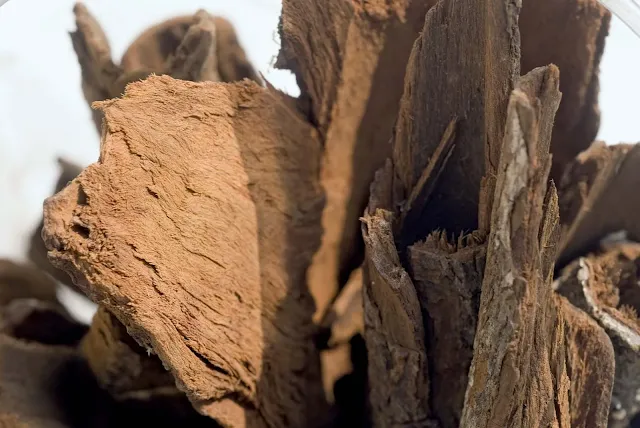Malaria is a serious and potentially life-threatening disease caused by a parasite that is transmitted through the bites of infected mosquitoes. While modern medicine has made significant strides in preventing and treating malaria, many people still turn to traditional herbal remedies as a form of treatment. In this article, we will discuss some of the herbs that have been traditionally used to treat malaria.
Artemisia annua (Sweet Wormwood):
Artemisia annua, also known as sweet wormwood or qing hao, is a herb that is native to China. The herb contains a compound called artemisinin, which has been shown to be effective against the malaria parasite. Artemisinin-based combination therapies (ACTs) are now widely used to treat malaria in many parts of the world. The World Health Organization recommends the use of artemisinin-based combination therapies (ACTs) as the first-line treatment for uncomplicated malaria.Cinchona Bark:
Cinchona bark, also known as quinine bark, is derived from the bark of the Cinchona tree, which is native to South America. The bark contains a compound called quinine, which has been traditionally used to treat malaria. Quinine is still used in some parts of the world to treat severe cases of malaria, but it is not recommended for use as a first-line treatment due to its potential side effects.Neem:
Neem is a tree that is native to India and is widely used in traditional medicine to treat a variety of ailments, including malaria. Neem leaves contain compounds that have been shown to have anti-malarial properties. Studies have shown that neem extract can significantly reduce the number of parasites in the blood of individuals infected with malaria.Ginger:
Ginger is a root that is widely used in traditional medicine to treat a variety of ailments, including malaria. Ginger has been shown to have anti-inflammatory and anti-malarial properties. Studies have shown that ginger extract can reduce the severity of malaria symptoms, including fever and headache.Garlic:
Garlic is a bulb that is widely used in traditional medicine to treat a variety of ailments, including malaria. Garlic contains compounds that have been shown to have anti-malarial properties. Studies have shown that garlic extract can significantly reduce the number of parasites in the blood of individuals infected with malaria.
It is important to note that while these herbs have been traditionally used to treat malaria, their effectiveness has not been widely studied in clinical trials. In addition, the use of traditional herbal remedies to treat malaria should not replace conventional medical treatment. Anyone who suspects they have malaria should seek medical attention immediately and follow the recommended course of treatment.
In conclusion, while modern medicine has made significant strides in preventing and treating malaria, traditional herbal remedies continue to be used by many people around the world. Artemisia annua, cinchona bark, neem, ginger, and garlic are just a few of the herbs that have been traditionally used to treat malaria. However, the effectiveness of these herbs has not been widely studied in clinical trials, and they should not be used as a replacement for conventional medical treatment.





.jpg)
Post a Comment